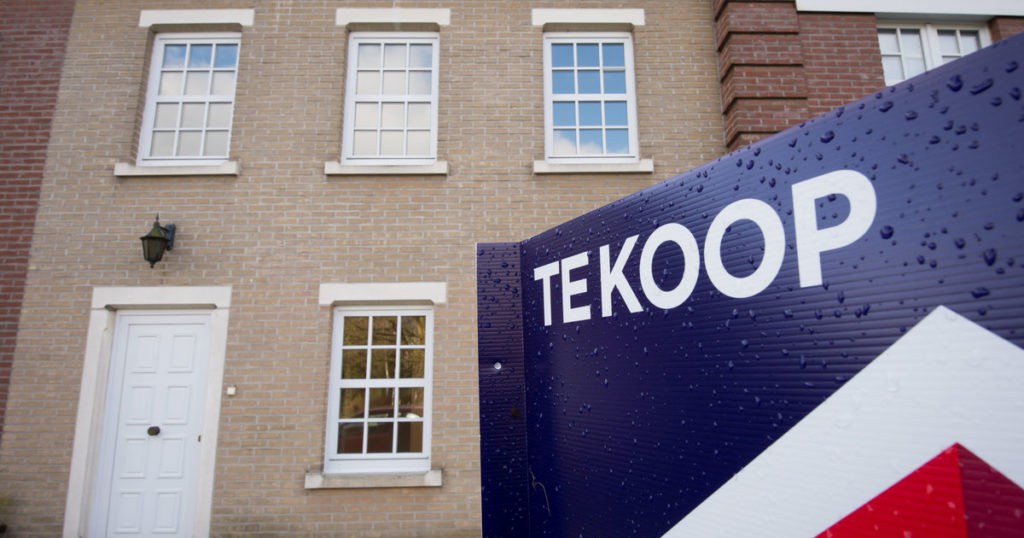During the first nine months of 2021, people continued to flock to the property market where the number of transactions increased despite rising prices, in turn further pushing up costs.
Compared to the five-year average since 2016, prices for houses and apartments in Belgium have increased by 26.3% and 22.5% respectively. But this hasn't stopped the number of property transactions from climbing by over 20% since 2020. However, given the pandemic's effect on the market, this is a less reliable comparison.
"As is well known, activity on the property market dropped last year between March and June due to the quasi-lockdown," said notary Bart van Opstal, spokesperson for Notaris.be that published the Real Estate Barometer of the Federation of Notaries (Fednot).
"The first nine months of 2019, therefore, provide a better basis for comparison: in the same period in 2021, the number of transactions rose by +16.2%," he added.
A preference for building new
According to Fednot's findings, demand for building land (+30.5%) and garages (+22.4%) was particularly high during the first nine months of this year, as families are keen on building themselves, while garages are popular with investors. In comparison, the rise in the number of residential properties sold is much lower, at +7.3%.
Related News
- Buying first property will be cheaper in Flanders, but second more expensive
- Knokke named Belgium's most expensive municipality per m²
This trend of the share of residential properties decreasing while the share of land being sold increases is one that has been ongoing for some time.
"People are less likely to buy an existing house and choose to build (or have one built) themselves. That may have to do with the pandemic, but also with a conscious choice to build energy-efficiently, in accordance with the strict insulation standards," van Opstal explained.
Meanwhile, he added, the "relatively limited increase in residential property sales may have something to do with the price increase in the previous quarter."
Effect on prices
This trend also had an impact on the property prices in all categories, with residential property prices across Belgium rising by 6.6% compared to the same period in 2020 (an increase of 4.7% in real terms when taking inflation into account); a flat became around 4.9% more expensive (a real price increase of 3%).
Regionally, real estate activity rose by 21.3% since 2020 in Flanders, however, the notaries warned that a temporary cooling of the Flemish property market may be seen in the fourth and last quarter.
"As far as Flanders is concerned, it is not impossible that buyers will be wary in the coming months as a result of the announced change in the registration tax. If people would buy less, prices might also rise more slowly," said van Opstal.
When looking at the price increase of almost 25% for both flats and houses in the last five years, van Opstal highlighted that the largest increase took place in the last two years.
"The crisis has strongly influenced buying behaviour, as buyers are looking for bigger houses with more greenery, which is usually more expensive," he said.

